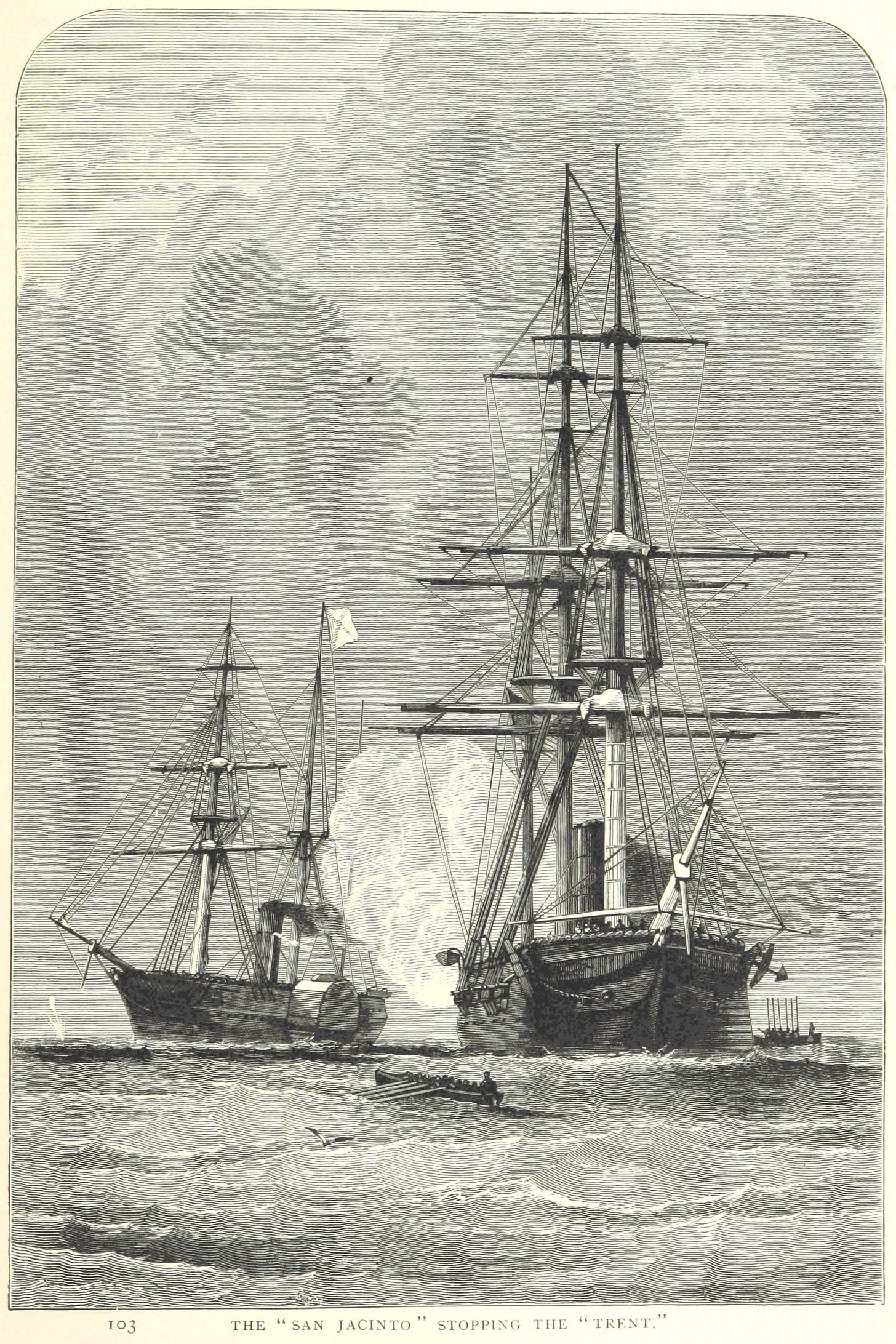“Independence to be Won by Ourselves” - A Confederate News Article from 1862
The Richmond Daily Dispatch Newspaper makes the case against foreign assistance in an article published January 2nd 1862
INDEPENDENCE TO BE WON BY OURSELVES
Whatever may be the termination of the Slidell- Mason affair [an international crisis in 1861 that threatened a war between the United States and Great Britain, when a US ship forcefully stopped a British vessel to arrest Confederate diplomats Slidell and Mason on their way to Britain and France], the South has no reason to repine at the developments it has brought forth. It has enabled her to understand her position before the world better than she had done before [as newspapers around the world poured forth sympathy for the Confederate cause following the arrests]. It has informed her of the existence of hosts of friends that she had not dreamed of. It has brought forth expressions of opinion that cannot fail to powerfully strengthen her cause in all lands; and it has elicited a wide spread contempt for and hatred of the Yankees which is as encouraging and gratifying as the discovery of friends for herself could be.
We are inclined to believe that it is not the intention of Providence that we should owe our independence to any agency but our own exertions. Independence of the North would certainly lose half its value, and indeed its reality, if we should have to owe it to the interference of Great Britain in our behalf. — Our security in the future against invasion from the North, would be much greater if this contest were fought out to success by our own unaided prowess, than if we called in the assistance of a foreign power. In the teeth of such an alliance the North might speedily consent to peace; in order, by a system of chicanery and deception, to detach from us the affections of our ally; and, after the alienation, to renew its schemes of subjugation and conquest upon ourselves.
It may not be the design of Providence to permit our independence to rest upon so precarious a basis. Not only would success so achieved be indecisive of the struggle we are engaged in with the North, but the power to which we should apparently owe it would regard us as debtors and dependants to itself. This very feeling on its part would be the fruitful source of reproaches, ill-feeling, and at last of ill-blood; and our wary Northern adversary, watching the growth of the quarrel, would be quick to avail himself of every means of fomenting an outbreak.
In our case as that of every struggling nationality; "who would be free, themselves must strike the blow." To owe our independence to any other aid than our own right arms, would materially lower our rank among nations, and embarrass our relations with them for many series of years. Our independence, if self-achieved, would give us a position of our own in the family of nations, and we should not become the helpless part of a great system of politics of which a patron power was at the head. Our international politics would be sut genesis, and not the mere reflex of British, French, or any other phase or system of policy. We should appear in the great tribunal of the world sui juris, and not as the ward or protege of some powerful guardian. We should be the masters of our own action, the fashioners of our own policy, not borrowers of the policy of higher and greater powers.
Our territory is so considerable and so well situated, and our population and wealth so great, that, if achieving our independence without aid, we could at once take a high rank, and rapidly rise still higher and higher among the political powers. To depend upon foreign assistance to make good our independence, which is perfectly within our own competency to achieve, would be to sacrifice a brilliant future to the present, a great and unspeakable prospective prosperity, to the momentary advantage of the present hour. This lesson cannot be too firmly impressed upon the public mind, and we do not doubt that it would be greatly to the permanent advantage of the Southern Confederacy if no war should break out between Great Britain and the North. Let it suffice us to know that the intelligence of England and all Western Europe is on our side, and let it nerve our armies to victory to feel that millions of admiring and sympathizing eyes in Europe are watching their proceedings.




